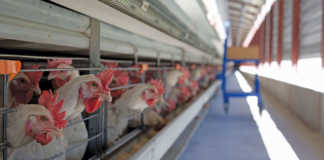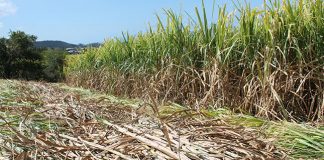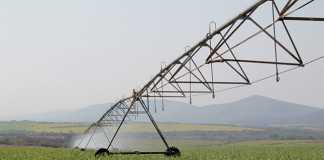The association said the long delays in landownership transfers that regularly stemmed from price disputes between sellers and the government, contributed significantly to the slow pace of land reform in SA. There were a number of other factors contributing to the slow pace of land reform, said Afasa secretary-general Aggrey Mahanjana, but introducing the practice of paying a landowner a ‘just and equitable price’ for their land will help speed things up.
Mahanjana explained that the establishment of an Office of the Land Valuer-General would see deadlocked price negotiations between landowners and government become a thing of the past, because landowners would have to accept the ‘just and equitable price’ determined by the Valuer-General.
Market value
Agri SA said that, in terms of the Constitution, market value was one of the factors that had to be taken into account when determining a purchase price for land intended for land reform. “Government has not, as we understand it, said that it intends moving away from market value as a basis for compensation,” said Agri SA’s land reform expert, Annelize Crosby. “President Zuma and Minister [of Rural Development and Land Reform, Gugile] Nkwinti have, on more than one occasion, stated that government will apply the Constitution.
“It will probably eventually be up to the courts to give guidance on the correct interpretation of section 25(3) of the Constitution.” TAU SA said the willing-buyer, willing-seller principle was the only way to ensure that landowners received a fair market-related price for land sold for land reform. If this principle was done away with, land prices would fall into disarray.
“The fact that the land restitution process has not worked is not the fault of market forces,” said TAU SA manager Bennie van Zyl. The fault lies with “incompetent and corrupt officials,” he said. TAU SA also said it was concerned that SA’s limited high potential arable land, on which the country’s food was currently being produced, would end up being unproductive.
Sustainable
Agri SA agreed that redistributed farm land had to be used productively, as it was critical for SA’s food security, as agriculture was already losing valuable arable land to non-agricultural uses. Afasa said that it, too, wanted to reaffirm its position on wanting a land reform programme that ensured the productive and sustainable use of agricultural land.
“Government must be serious about selecting land reform beneficiaries who can contribute to this,” said Mahanjana. “Beneficiaries should not be people who fold their arms and wait for government to do all the farming for them. They should at least be able to provide working capital for the operation, while government can help with aspects like farm infrastructure development, and the purchase of livestock and machinery.”











